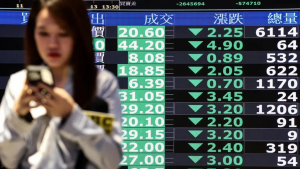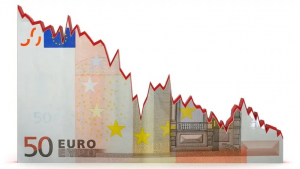Retail sales in the Euro-zone saw an increase in February 2025, marking the first rise since September of the previous year, according to Capital Economics.
The increase was slightly higher than anticipated by Capital Economics but fell a bit short of the consensus prediction. The upward adjustment of the previous months’ data also contributed to this increase.
The retail sales in the Euro-zone saw a 0.3% month-on-month rise in February, which was slightly above the Capital Economics forecast of 0.2%, but slightly below the consensus prediction of 0.4%. Despite this rise, the overall level of sales remained nearly 2% below its peak in November 2021.
Looking ahead, Capital Economics predicts that lower interest rates may stimulate consumption over the year as households save less of their incomes. However, this could be partially counterbalanced by a slowdown in real income growth due to slower employment and wage growth.
Therefore, Capital Economics anticipates a modest growth in retail sales and broader consumer spending.
The tariffs announced by President Trump last week were higher than what Capital Economics had projected. Unless some of these tariffs are reversed, the impact on activity and confidence could result in weaker spending growth than the quarterly average of 0.3% quarter-on-quarter that Capital Economics is currently forecasting.
This could potentially lead to weaker household spending than currently anticipated, given the higher US tariffs and the potential fallout from the financial market.












